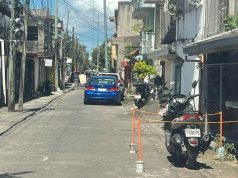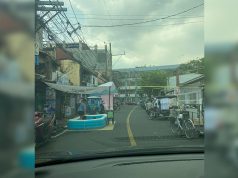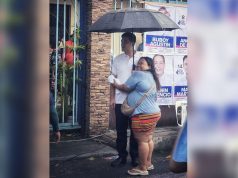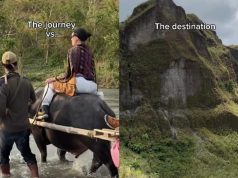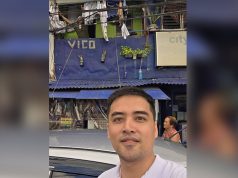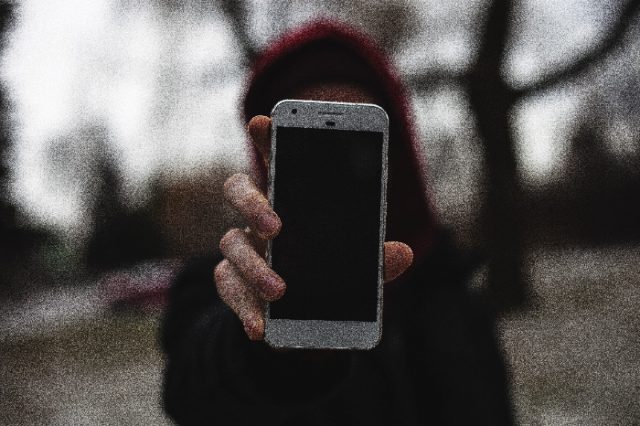
A new study on disinformation tactics during the last midterm elections found that online celebrities and micro-influencers that rely on closed online communities were the new faces of fake news online.
The study titled “Tracking Digital Disinformation in the 2019 Philippine Midterm Election” was conducted by Jonathan Corpus Ong, Ross Tapsell and Nicole Curato and published by New Mandala.
The findings were based on interviews with digital campaign strategists and “fake news” producers. Content tracking and analysis of social media posts and the online conversations that resulted from them were also done. The research was published in August.
Disinformation tactics
Ong, Tapsell and Curato formed a team of researchers to study disinformation tactics used to influence the results of the midterm of elections last May. They conducted this from January to May 2019.
The researchers defined disinformation as “intentionally misleading and strategically designed propaganda to secure political gains,” whereas misinformation as “rumors spread by ordinary people.”
Rise of micro-influencers
The researchers observed a shift from the political use of popular celebrities to those who are less visible but have more “intimate” relationships with fans.
Digital campaigning also went beyond Facebook and Twitter and into YouTube and Instagram in the guise of seemingly innocent content such as gym selfies, new products or travel diaries.
“These personalities smoothly operate in online communities because of their ‘contrived authenticity.’ Their accounts feature what on the surface are seemingly raw and spontaneous images but, in practice, are carefully curated posts designed to foster a sense of relatability and trust,” the report said.
These are difficult to trace because the influencers took their posts and advertisements down immediately after the campaign season.
Closed communities
Clickbaits on sketchy blogs and websites also evolved into the creation of closed Facebook groups and other types of online communities of political “fandoms.”
Within these closed communities, partisan content that target the political opposition critical of President Rodrigo Duterte and praise his achievements are shared among members. Some groups target particular populations such as overseas Filipino workers.
One example of this closed fandom is the Filipino Flat Earth Group.
Tokhang TV, which is ranked 45th in terms of YouTube views, was among the channels posted around Duterte’s supporters online.
“These groups are the clearest instantiation of a filter bubble where zealous fans affirm each other’s beliefs. This phenomenon casts doubt on the effectiveness of fact checking and voter information initiatives, for there is no incentive for citizens to step out of their comfortable online communities,” the report said.
Deeply rooted
Digital or online campaigning is now a pivotal part of political strategy aside from the usual machinery of TV, radio and print advertisements unlike in previous elections.
This practice was performed by candidates from the barangay to the national level across the country.
Based on their interviews with advertising executives and campaign operators, the market of such operations have increased rapidly.
“We have also observed that mainstreaming of disinformation strategies create an industry of ragtag operations who employ young digital workers often in highly precarious work arrangements. Disinformation, in other words, is not only an issue of electoral integrity, but also an issue of political economy,” the three authors wrote.

Most fact-checked are Duterte allies
Tsek.ph, the country’s first collaborative fact-checking network, also made similar findings from their fact-checking efforts during this period.
Most of the 131 claims of either misinformation or disinformation that fact-checkers flagged, debunked and verified favored Duterte’s candidates and attacked his critics.
Senatorial candidates Lorenzo “Larry” Gadon and Atty. Glenn Chong spread the most false information online.
On the other hand, the candidates of opposition Otso Diretso were the most targeted of fake or dubious content.
The report acknowledged that there’s no definite link between the fact-checked claims and the results of the midterm elections, but there’s correlation between the targeted and those who lost.
Recommendations
Ong, Tapsell and Curato warned that stakeholders and the public have to be prepared for the possibility of using digital underground operations for political campaigns in the near future.
“Who pays for these influencers? Who is accountable for the messages closed groups post online? What norms should govern political advertising in the digital age? These remain open questions that are best answered by process regulation, rather than content regulation,” they wrote.
The caution against content was also the similar recommendation Ong and his co-author Jason Cabañes offered in the previous study that revealed the big role public relations executives and advertisers play in spreading disinformation online.




